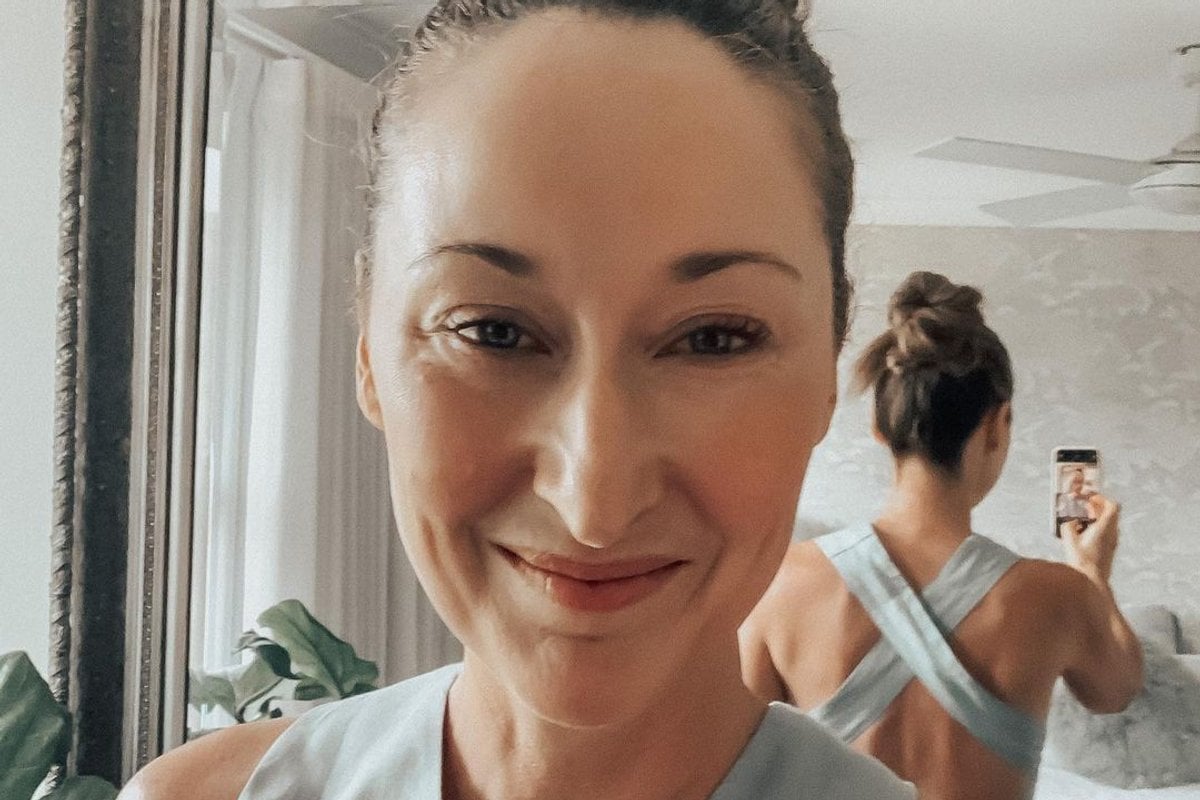
Melissa Browne was 33 years old and had just got divorced when she learned an extremely valuable lesson about money: Never mix it with emotion.
On a whim, she donated her entire divorce settlement to charity to prove to her ex that she could make it alone - leaving her with only $200 to her name.
And she regretted it. Quickly.
Listen: What The Finance: Your Toxic Money Habits Aren't Your Fault. Post continues below.
In her book, Unf*ck Your Finances, Melissa wrote about her poor thought out decision.
"An accountant. Someone who was supposed to be able to talk about money. At an age when I was supposed to be starting to get my financial s**t together."
She attributes it to the fear that came with talking about money.
"At this point everything feels overwhelming, but you're too embarrassed to tell anyone what is going on: both the reasons why you left, and your dire financial situation. You're deeply ashamed of what you perceive as your failures."
Now, Mel is passionate about making sure other women don't make the same mistakes.
"By sharing our secret money business we can start to realise we're normal. By sharing our stories we can learn from each other's mistakes and build on them."